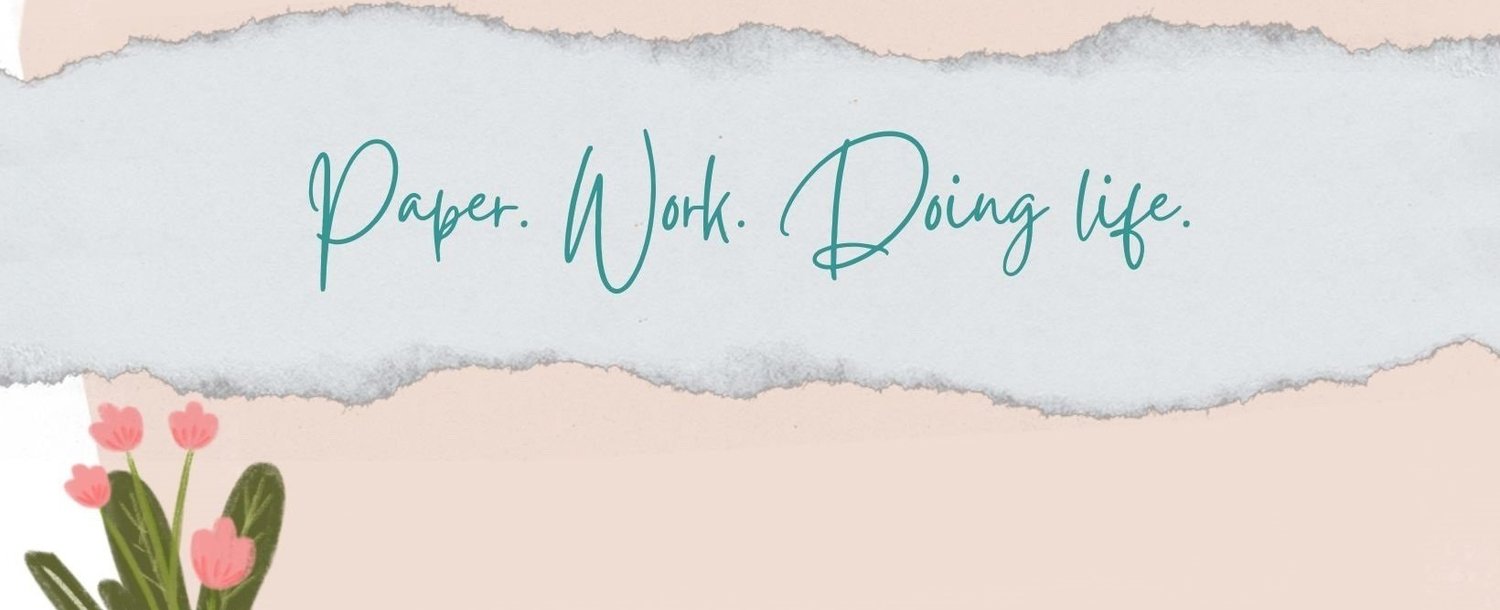Death Coming Up The Hill - Chris Crowe
Crowe, Chris. Death Coming Up the Hill. Boston: Houghton, Mifflin, Harcourt, 2014.
I’m not sure why it took me so long to get this book into my library or what led me to it just now, but I’m so very glad it is here! A novel written entirely in haiku. I think that statement bears repeating - a novel written entirely in haiku-976 of them to be exact. And exactness is crucial. 16, 592 syllables - one for each of the casualties in Vietnam in 1968, the year in which the novel is set. Just. Wow.
Ashe’s story is one uncertainty and tragedy, but ultimately grace and sacrifice. He is just trying to survive 1968. He knows his parents’ marriage is on the verge of ending, and his mom’s unexpected pregnancy to another man is surely the catalyst. His dad is angry and demanding. He is determined to take care of his mom. He falls in love with a “hippie.” And together they try to process the chaos of the Vietnam war and the chaos in their own lives. Sometimes it feels like altogether too much. This glimpse into this volatile time in American history is a priceless one. One might think that much might be lost in the strictness of form, but the setting is fully fleshed out, the characters developed in lovely detail. In many respects students will be drawn to this books, because while the setting and the war are crucial, Ashe in many ways transcends time. Current students will relate well to his concerns and his triumphs - another strength to this story.
I love that after the story ends, the Crowe writes about the struggle he had in writing this book. Students who are aspiring writers can learn from his persistence. Students often believe that the first thing they write is the best thing they can write. He also talks about the process of revision with the complications of the form - such a lovely illustration!
I look forward to book talking this title, and will soon. I am grateful, I have a couple of more opportunities this year to do so. I can pair it with titles set in the sixties or titles about war or books in verse. I love the versatility of this title.


